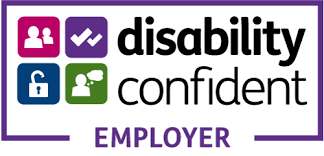Cracking eggs...
Rules of the Roost
Follow the Flock
St. Ewe Free Range Eggs Ltd, incorporated and registered in England and Wales with Ltd number 11384483.
Illustrations by Jennifer ArmitageSt Ewe, Resparveth, Grampound Road, Truro TR2 4EF 🐔Get Directions
Copyright © 2026 St. Ewe Free Range Eggs



